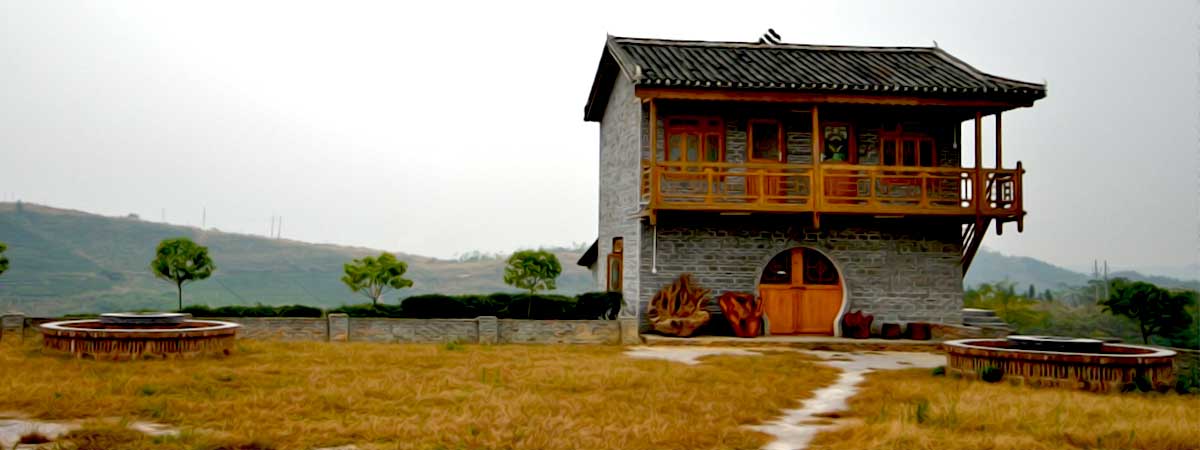This article was transcribed from an interview.
My parents were born in rural Taiwan in the early 1940s, kind of smack in the middle of the mountains and the bamboo. They weren’t exactly subsistence farmers, but not too far from it. And because there was no piped water, they had to dig small irrigation channels. This was normal though—almost everyone was doing some farming in order to make extra food if not for a living.
I remember my mom recalling a story about how she would carry her shoes on her head while walking to school. Shoes were so expensive that she didn’t want them to get dirty—those were the conditions they grew up in. So they basically started out with nothing, but from those beginnings, they were able to work their way into University and eventually move up to Taipei where they became teachers. They really benefited from the economic development happening in Taiwan so after I was born we emigrated to the United States.
Their entire goal was for us to at least get a good education because that was the one guarantee they had in theirs lives. In fact, my Taiwanese name, Liang-Yu Chi, means “good education.”
I was an Asian male going to an engineering school so we couldn’t get any type of academic aid. Tweet This Quote
My parents never learned perfect English so even though they were teachers in Taiwan, they weren’t able to land the same-caliber jobs in the States. My dad was a busboy, then a cook in a Chinese restaurant and he also sorted mail at a post office. But, by working multiple jobs at a time, they were eventually able to work their way into the middle class and gave us a good education—an education that eventually led to Cornell. This was a huge burden on my family too because I was an Asian male going to an engineering school so we couldn’t get any type of academic aid. We paid full tuition. But my education gave me the opportunity to start building products and inventing various technologies for big companies like Google and Yahoo.
What events in your life have helped you to create your own sense of purpose? Tweet This Quote
But since I came from that background, whenever people talked about the developing world, for me, it wasn’t really like, “Hey, here are a bunch of starving children in Africa. Here are a bunch of families you can’t identify with at all.” I would see people in Central America or Africa or Southeast Asia and think, “They’re basically my parents, one generation ago.” My parents were kids in the fields working, trying to make a living and survive. And now, one generation later, I’m an Ivy League graduate inventing hardware and software and making art and music. It makes me think about how much human potential is in all of those faces that we usually gloss over and pity because they’re a bunch of kids covered in flies. To me, it’s not like that. It’s kind of a personal thing.
After I had situated myself a bit better in my work a couple years after graduating, I offered to pay my parents back for my tuition—and they refused. Despite having worked multiple jobs and taken out a second mortgage, they simply told me that that was what it was for. So the only way I could think of to pay them back was to try to give other people who were like them an opportunity similar to the one that they had. So that’s something that creates a sense of purpose in my life now.
What events in your life have helped you to create your own sense of purpose? Write them down, and reflect, or if you’d like to try something more structured, try this.



